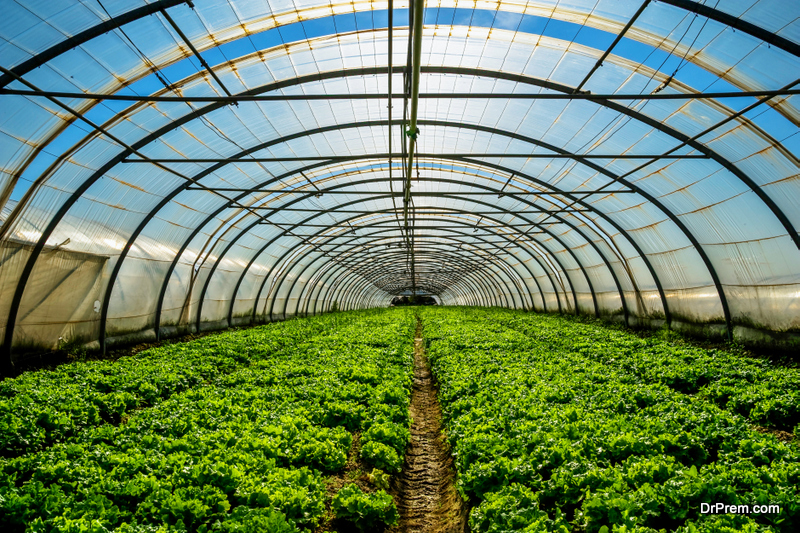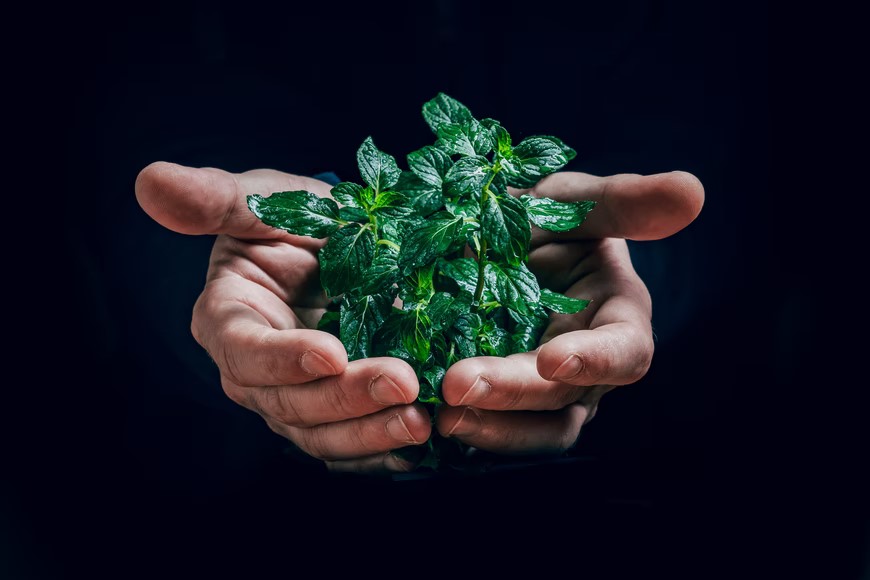Human activity has a lot of negative effects on nature. Our planet faces many environmental problems that aggravate the ecological situation and the health and well-being of humankind. That’s why it is important to find working solutions to overcome the ecological crisis. Ecology helps us to understand how to interact with the environment while studying the various organisms.
Nowadays, eco-literacy is becoming a way of life. It is an effective way to face environmental challenges. This approach is also widely used in teaching practices. Students prepare various projects, for which they seek help from an online research paper writer on PaperWriter.com, to find the working solutions and help nature. Here, we will tell you about the main eco-literate strategies and activities the teachers can use during the lesson.
Strategies to Develop Ecoliteracy
Teaching eco-literacy is not an easy thing, and it requires time and applying different practices to change the students’ attitude toward nature. Here are the main strategies for the teachers that can help in developing eco-literate behavior.
Develop Empathy in Your Students to understand Ecology
The first step is to develop empathy in your students. Children should understand that nature, together with all forms of life, has the greatest value for humankind. Tell the students that everything is connected, and humans are members of the natural world.
The next vital step is to teach students that human activity and behavior directly affect nature. Share the idea that we are not just users of natural resources, but we are a part of the environment. If people harm the planet, it will negatively affect their well-being, health, and even life.
Sustainability as a Community Practice
The teacher should also tell more about sustainability. The main aim is to highlight its importance and note that it should be a community practice. First of all, focus on the main environmental problems and find out the main reasons for them. Then, demonstrate how these problems will affect humankind.
After this discussion, you should underline that sustainability should become a part of the lifestyle. During the following lessons, the students will be prepared to learn more about sustainability strategies.
Focus on Outcomes of Human Activity
One more strategy to make children more eco-literate is to discuss the outcomes of human activity on nature. Show that our everyday activity can negatively affect nature. The students can also prepare a report about the main ecological problems related to human activity.
Thus, the main goal of such lessons is to show that environmental problems are related to everyone. And the only effective strategy to solve them is to re-think our attitude towards ecological challenges.
Make Your Students Closer to Nature to familiarize them with Ecology
Finally, you can try making your students closer to nature. For example, you can participate in local projects related to combating major ecological problems. Students may help sort litter, plant trees, or pick up garbage in the local park. This way, children will be proud of themselves that they help solve the problems and improve the ecological situation in the city.
Hands-On Activities to Teach Sustainability
There is also a need to apply several activities during the lesson to teach students how to be eco-literate. Look through this list of the best hands-on activities you can try during the next ecological lesson.
Close Look at Environmental Problems
It is necessary to enrich the students’ knowledge about modern environmental challenges. Of course, it will be great if you prepare the information by yourself. But the more effective strategy is to engage your students in research.
School projects discovering the ecological problems will be a nice opportunity to make children more eco-literate. Prepare a list of the topics and share it among the students. They can prepare an individual report or group research. After this project, all children will be aware of at least one environmental problem and how it is possible to solve it.
Reduce/Recycle/Reuse Lessons
A lesson about recycling solutions is the next good activity to teach students sustainability. The matter is that children often do not know about renewable and non-renewable sources. As a teacher, you need to tell students why sustainable use of natural resources is so crucial.
The next step is to enlarge the knowledge of reducing/recycling/reusing opportunities. Start with explaining the difference between these concepts. Then, you may discuss some recycling tips. Finally, try to put the new information into practice. For instance, you can visit a local recycling center and learn more about waste sorting.
Energy-Saving Practices in Ecology
One more important thing is to teach students to save energy. It is one of the effective ways to reduce the negative outcomes of human activity. The children should understand that some resources of the planet are non-renewable.
Prepare a discussion lesson to tell more about energy-saving practices. The main goal of such a lesson is to show that it is not as hard as it looks. Tell the story from your own experience about how you save electricity and water. Then, share some simple tips on saving energy, such as turning off unnecessary lights, taking shorter showers, or doing laundry efficiently.
Relation Between Human Activity and Nature
It is also vital to show the connection between human activity and environmental problems. The students should know that people are the main reason for modern ecological challenges. With this understanding, children will feel the responsibility for nature conservancy. It is possible to find an educational movie demonstrating the outcomes of human impact on the environment.
After watching it together with the students, start the discussion. Ask the children about the main message of the film. Then, discuss the main ecological challenges and highlight the reason for them. Finally, make up a plan together with the students on how it is possible to reduce the negative effects on nature.
Key Takeaway on Ecology
Now you know a lot of useful tips, strategies, and activities to apply during the next lesson dedicated to the environment. Remember that it is important to share information about modern ecological problems and the ways to overcome these challenges. Without a clear vision of the situation and an eco-literate approach to nature, it is impossible to make a change.



